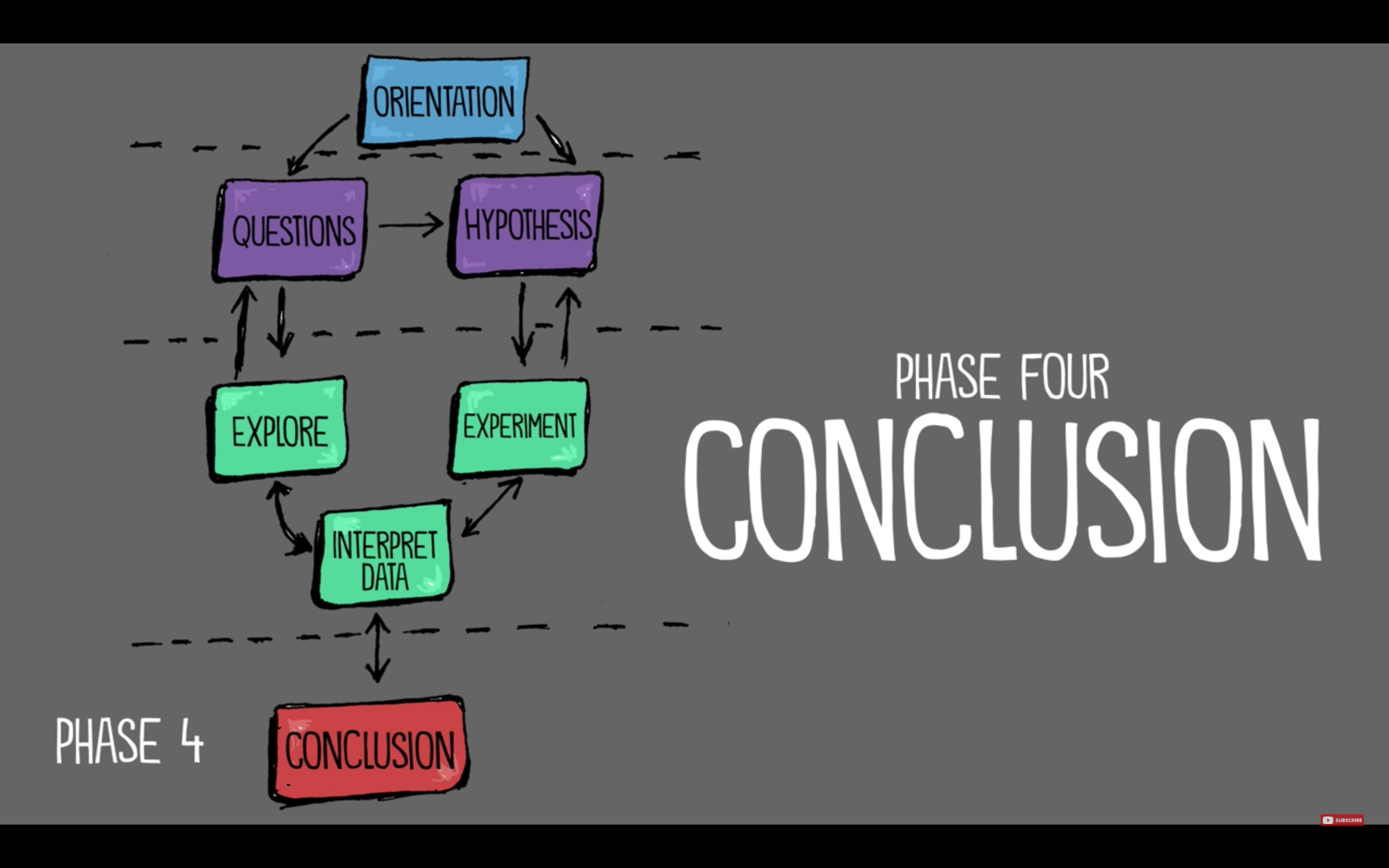Having studied a lot about inquiry-based learning in my B.Ed program, I am definitely an advocate for it! I think that this form of learning can allow students to think independently, and be able to learn very valuable skills that will not only apply to their education, but also throughout their life and in society.
Inquiry-based learning is an approach to learning that emphasizes the student’s role in the whole learning process. Whether it be exploring materials, asking questions or sharing ideas, inquiry-based learning is guided independently by the learner, rather than the teacher (GradePower, 2018). Inquiry-based learning gained popularity when John Dewey advocated for its use in education, considering it essential that students be involved in their own learning, where they “ought to learn the methods through active engagement in the process of inquiry itself so as to apply inquiry to problems of social concern” (Kidman & Casinader, 2017, p. 12) .
There are many proven benefits when students are able to be involved in their own learning. Benefits can include:
- Enhances learning experiences for children
- Teaches skills needed for all areas of learning
- Fosters curiosity in students
- Deepens students’ understanding of topics
- Allows students to take ownership of their learning
- Increases engagement with the material
- Creates a love of learning
(GradePower, 2018)
In this YouTube video, John Spencer explains inquiry-based learning effectively. The screenshot below is Pedaste’s model of the four phases of inquiry.

It begins with an orientation, which is often a form of discussion. From there, it moves into phase 2, conceptualization, where students will generate any questions and begin to form a hypothesis. This leads to phase 3, investigation, where students will explore, experiment, and interpret data in a way that is flexible and dynamic. Finally, phase 4 is where students move into a conclusion about their inquiry, finalizing their learning and questions.
Spencer ends the video off by saying “if we want students to own their learning and we want them to remain curious, then we need to have something like inquiry-based learning in place, so that students can learn how to ask great questions, find the answers, and share their results with their peers” (Spencer, J., 2017, 4:23).
Inquiry-based learning is also very prominent throughout the BC Curriculum, in the “Big Ideas”, “Content” and “Competencies” sections. For example, in grade 3 math, students should be able to “Develop, demonstrate, and apply mathematical understanding through play, inquiry, and problem solving”, or in English language arts in grade 5, students should be able to “Use a variety of comprehension strategies before, during, and after reading, listening, or viewing to guide inquiry and deepen understanding of text” (BC Ministry of Education, n.d.).
The BC Curriculum advocates for this form of learning design, and I can think back to many times throughout my K-12 experience that we were able to learn through inquiry. From science projects to history papers, I was able to guide myself through a topic that was interesting to me, and some of my most memorable projects that I did came from inquiry-based learning!
References
BC Ministry of Education (n.d.). Curriculum. https://curriculum.gov.bc.ca/curriculum
What is Inquiry-Based Learning (And How Is It Effective)? | GradePower Learning. GradePower Learning. (2021). Retrieved 28 May 2021, from https://gradepowerlearning.com/what-is-inquiry-based-learning/#:~:text=Inquiry%2Dbased%20learning%20is%20an,ask%20questions%2C%20and%20share%20ideas.
Kidman, G., & Casinader, N. (2017). Inquiry-Based Teaching and Learning across Disciplines. https://doi.org/10.1057/978-1-137-53463-7
Spencer, J. (2021). What is Inquiry-Based Learning?. Youtube.com. Retrieved 28 May 2021, from https://www.youtube.com/watch?v=QlwkerwaV2E.
